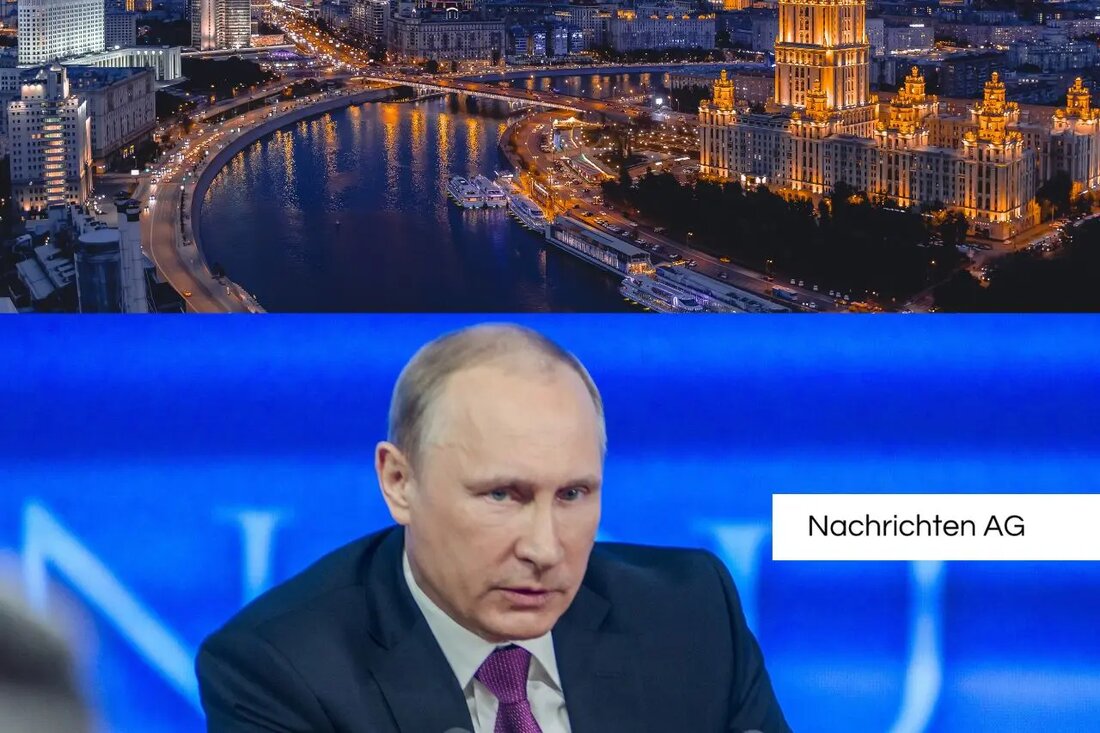Russia distances itself from Assad: Is the civil war decided?
Russia distances itself from Assad: Is the civil war decided?
The Russian government officially distanced itself from the fallen Syrian ruler Bashar al-Assad. Foreign Minister Sergei Lawrow said that Assad was unable to fix the numerous social problems in the country. He further explained that the deterioration of the situation in Syria was partly due to the government at the time. Until the overthrow on December 8, 2024, Russia was active together with Iran as a protective power of Assad. During the events, both the Kremlin and Assad were surprised by the quick advance of Islamist rebels.
After the conquest of Damascus, Assad was flown to exile in Moscow. Vladimir Putin said that Assad's disempowerment was not to be seen as a defeat for the Russian military. Lavrov also emphasized that the high expectations of the Syrians were not fulfilled in the fight against international terrorism. He spent part of the guilt for the United States because it occupied a raw material -rich region in northeastern Syria and put pressure on the Syrian government through sanctions.
lightning offensive of the rebels
at the end of November 2024, Islamist rebels started a lightning offensive against the Assad regime, which led to conquering large cities, including Damascus. This offensive, which led to explanation of the liberation of Damascus on December 8, 2024, demanded over 500 fatalities, many of them civilians through air strikes. The offensive fights were relatively bloodless and led to massive escape movements. The main actors of this offensive were Hayat Tahrir al-Sham (HTS) under Abu Mohammed al-Julani and the Syrian National Army (SNA) supported by Turkey.
The offensive began in response to Russian and Syrian air strikes to civilian infrastructure in Idlib and benefited from the weakening of the Assad supporters and dissatisfaction within the Syrian army. HTS said not to fight the Syrian army, but against the Assad regime. Future challenges for Syria lie in securing the rights of all ethnic and religious groups, especially in northern Syria and on the coast, as well as in coping with the continuing conflicts and Israeli attacks that destabilize the transition process.
| Details | |
|---|---|
| Quellen | |


Kommentare (0)